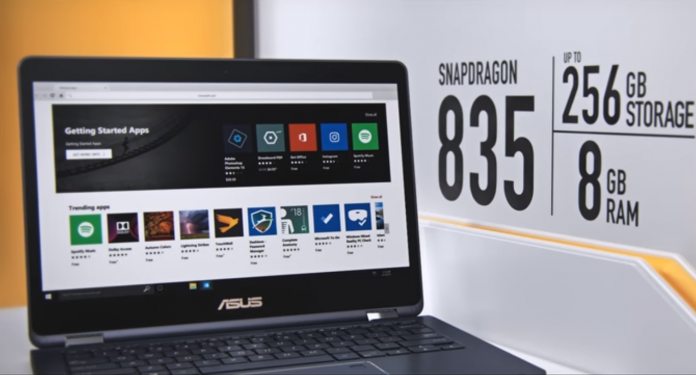Before now, devs could compile packages for x86, x64 and ARM32 UWP apps, but not ARM64. Apps like Adobe Photoshop Elements were unable to run natively as a result, putting off consumers significantly. The new SDK should bolster Microsoft’s Always-Connected PC offering, which offers LTE connection and long battery life through the use of mobile processors. However, it all depends on support from developers. If initial interest for the PCs remains low, many won’t want to waste the resources recompiling their apps. That’s compounded by the fact the experience still isn’t as snappy as a regular processor quite yet. Even with native support, mobile processors prioritize battery over performance, which could mean slowdowns and general sluggishness.
Third-Party Support
That said, Microsoft has revealed some ARM64 support so far, including Ubuntu. Thanks to the Windows Subsystem for Linux and ADK, ARM users can now run the distro on Windows without the need for a VM or dual boot. Other Linux distros will likely follow, as Microsoft has previously worked with the creators of Kali Linux and SUSE. There’s also significant interest from OEMs, HP’s Envy x2 Always Connected PC being one example. Lenovo is also launching the Miix 630 2-in-1, and Samsung and Xioami have devices in the works. If Microsoft’s improvements align with developer and OEM support, it could be enough to sway general users towards Windows 10 on ARM, despite its limitations.




